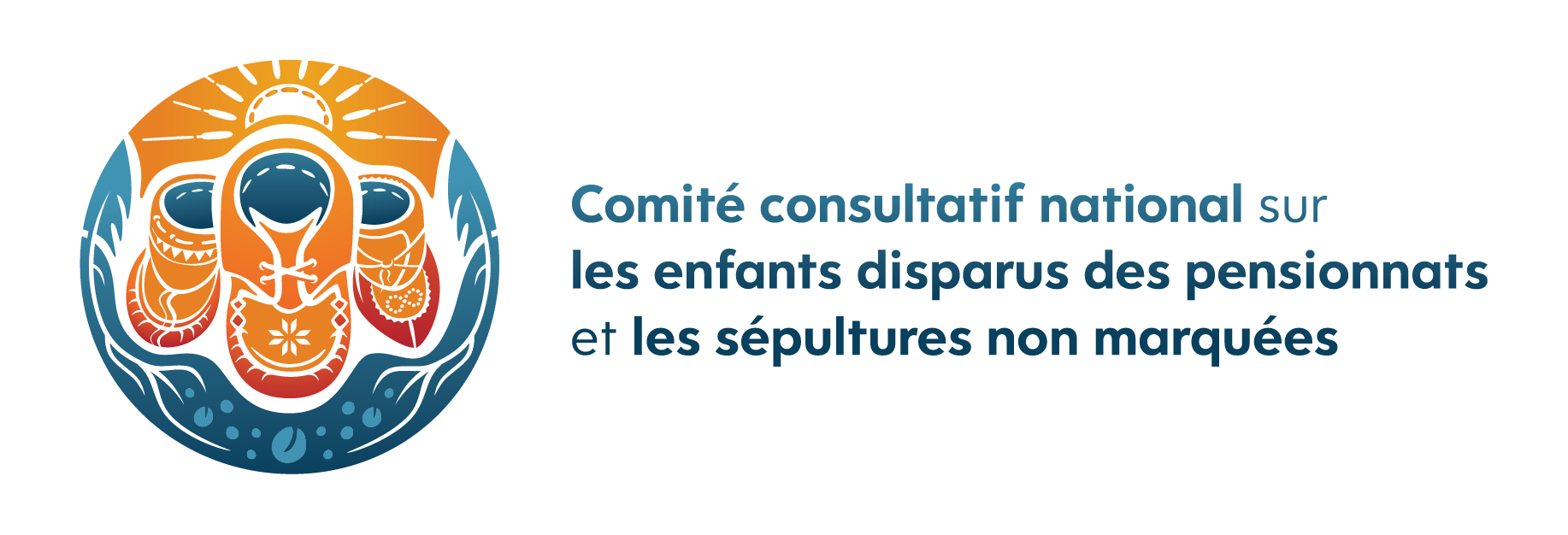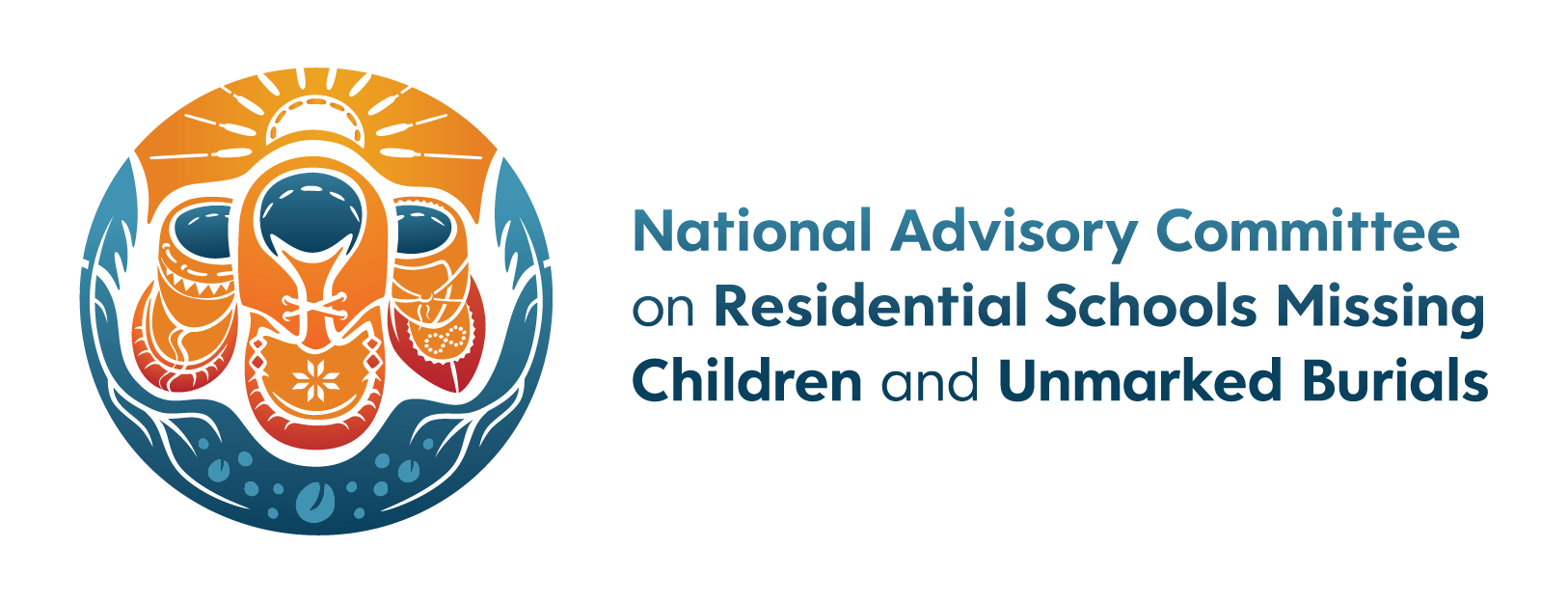The recently formed National Advisory Committee on Residential Schools Missing Children and Unmarked Burials has released its first publication, a guide for communities and families navigating the many stages and complexities of the search process.
Jack Anawak (Inuk, Nunavut), a member of the Circle of Survivors that guides the Committee, said today, “Finding and honouring our missing children is a vital part of how we heal our Nations. It is our hope that this overview document, along with other resources on the National Advisory Committee website, will help communities decide what path is right for them, based on their own laws and traditions.”
The National Advisory Committee was established in July 2022 so that First Nations, Inuit and Métis communities can have access to independent and trust-worthy information about all aspects of the search process. The Committee brings together experts from a wide range of fields, including archival research, ground search technology, forensics, health and well-being, and Indigenous laws and protocols. The majority of members are First Nations, Inuit or Métis.
Committee member Kisha Supernant (Métis/Papaschase) said, “As an archaeologist, I have worked with many Indigenous communities in carrying out ground searches for unmarked burials. I always emphasize that technologies like ground penetrating radar are not a stand-alone solution. This new document provides a more holistic view of the entire process, putting the specific technologies in the wider context that includes working with Survivors, carrying out archival research, and ensuring everyone involved has access to health and wellness supports.”
The new guide is being launched today with a live webinar at 1 pm Pacific time. The webinar is being recorded and will be made available on the National Advisory Committee website (www.nac-ncc.ca). The Committee has also launched an online resource guide that brings together a wide range of documents about all aspects of the search process. Additional content, including videos, and more in-depth guides to specific topics such as forensics, are being developed.
Elder Madeleine Basile (Atikamekw), who sits on the Committee as an advisory committee member on protocol and culturally safe communications, said, “Many of us who work with the Committee are Survivors or Inter-generational Survivors. Many of us are also in the process of trying to find loved ones who never returned home. We feel the urgency that families and communities are experiencing. We also know that the search process needs to be carried out in a good way, so that it is a healing process for our peoples.”
The National Advisory Committee is funded through Crown-Indigenous Relations and Northern Affairs Canada. The National Centre for Truth and Reconciliation serves as convenor.
Forensic Pathologist Kona Williams (Cree/Mohawk) said, “The search process is complex, multifaceted, and highly sensitive. We know there are a lot of questions at the community level. Our goal is to help communities navigate these systems and provide information based on the current medical and scientific knowledge, with respect and compassion for both the living and the dead.”

